A groundbreaking study presented at ASCO reveals that AstraZeneca’s experimental pill camizestrant, when used based on blood test results, can halve the risk of breast cancer progression or death—potentially reshaping treatment for patients with hormone receptor-positive, HER2-negative breast cancer
AstraZeneca’s experimental drug camizestrant significantly reduced the risk of disease progression or death in patients with advanced hormone receptor-positive, HER2-negative breast cancer by 56%, when prescribed based on early blood test results rather than visible tumor growth, experts announced Sunday at the American Society of Clinical Oncology (ASCO) meeting in Chicago.
The international trial marks a major shift in cancer treatment strategy by using liquid biopsy—a blood test that detects ESR1 gene mutations indicating early resistance to standard hormone therapies. Camizestrant, a selective estrogen receptor degrader (SERD), was shown to be effective in patients with early treatment resistance, even before tumors could be detected via imaging.
“This is going to be very impactful for our patients,” said Dr. Hope Rugo, head of breast medical oncology at City of Hope, California. “We’re staying ahead of the curve rather than reacting after the disease has already progressed,” added Dr. Eleonora Teplinsky, another ASCO expert.
The Phase 3 clinical trial involved 3,256 women, all previously treated with aromatase inhibitors and CDK4/6 inhibitors like Pfizer’s Ibrance or Novartis’ Kisqali. Among them, 315 women who developed ESR1 mutations were selected for a randomized trial. Those who switched to camizestrant plus CDK4/6 inhibitors experienced a median 16 months of progression-free survival compared to 9.2 months in the control group that continued standard therapy.
Camizestrant is not yet FDA-approved, but based on these findings, it may soon be adopted as part of a new treatment paradigm for early intervention in breast cancer progression.
AstraZeneca CEO Pascal Soriot acknowledged that integrating liquid biopsy into routine practice would initially be challenging but emphasized it as the future of cancer care.
In a separate announcement at the same ASCO meeting, another AstraZeneca drug, Imfinzi (durvalumab), showed promise in improving outcomes for early-stage stomach and esophageal cancer patients. When added to chemotherapy before and after surgery, Imfinzi reduced the risk of cancer recurrence, progression, or death by 29%.
Both sets of results were published in the New England Journal of Medicine and are expected to have lasting implications for the future of oncology.
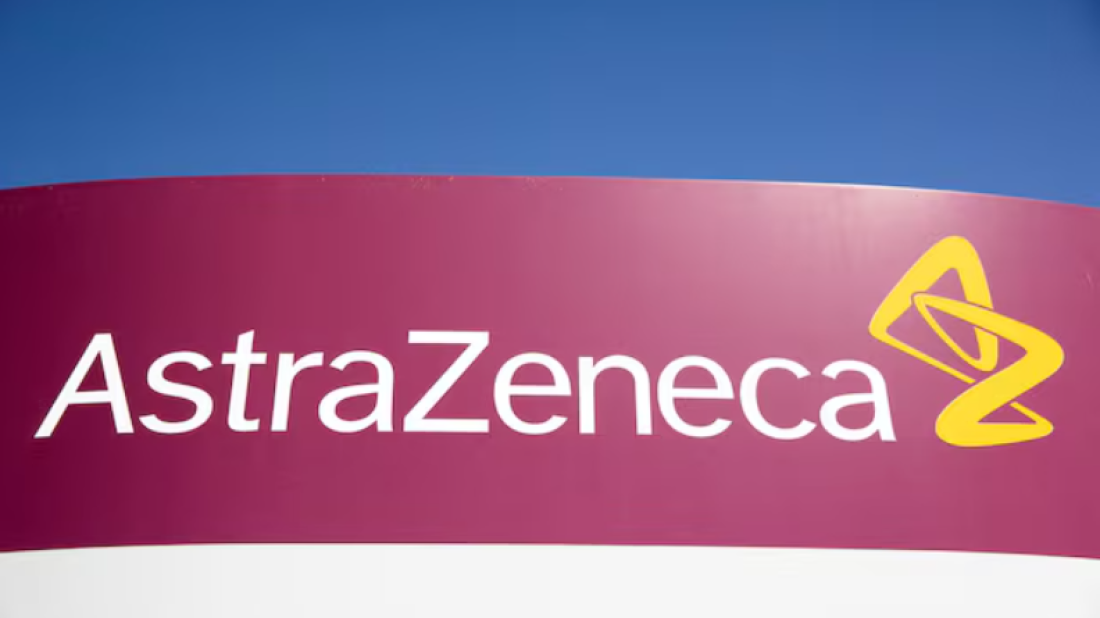
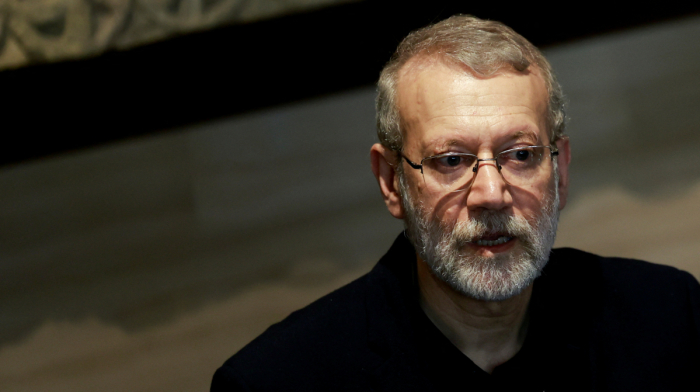
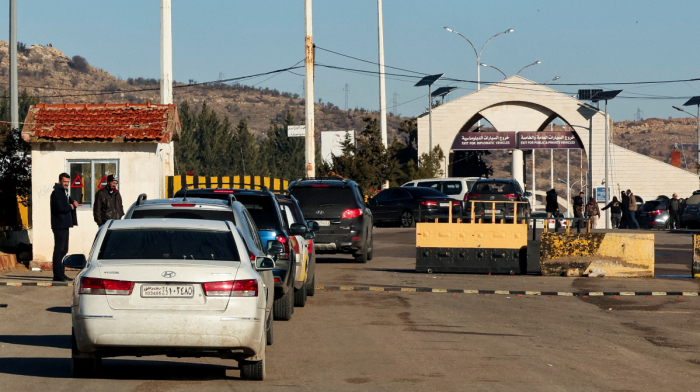







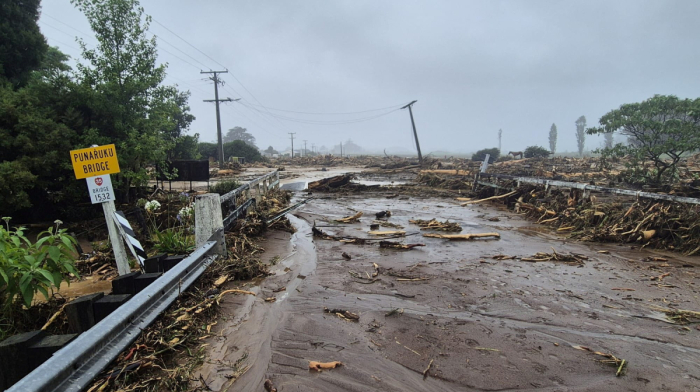

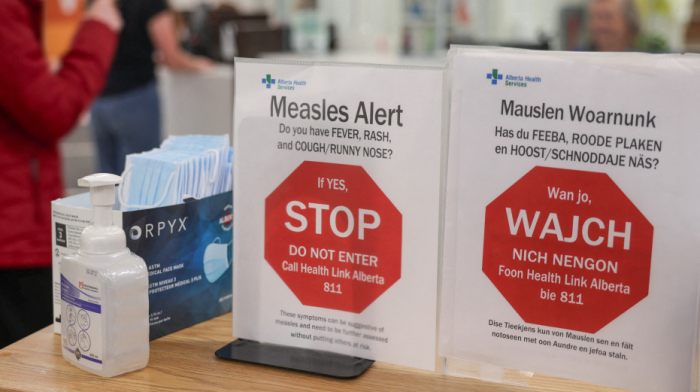
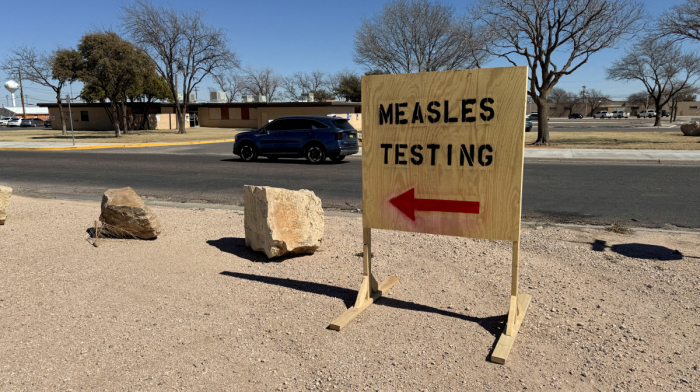
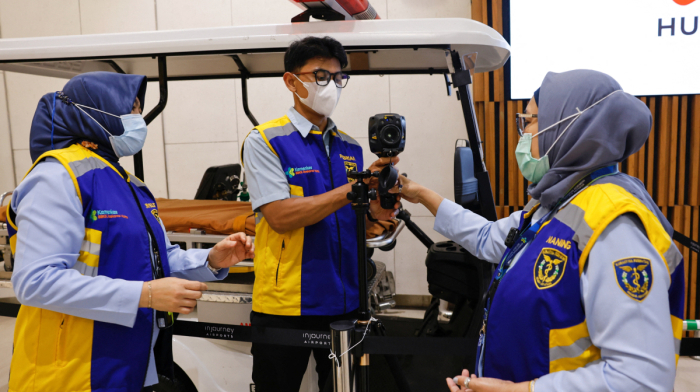

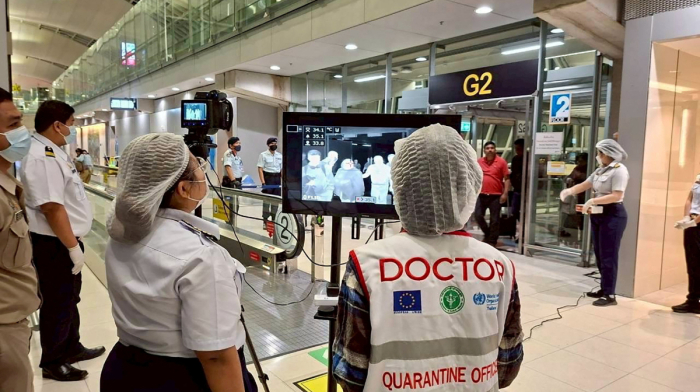



What is your opinion on this topic?
Leave the first comment